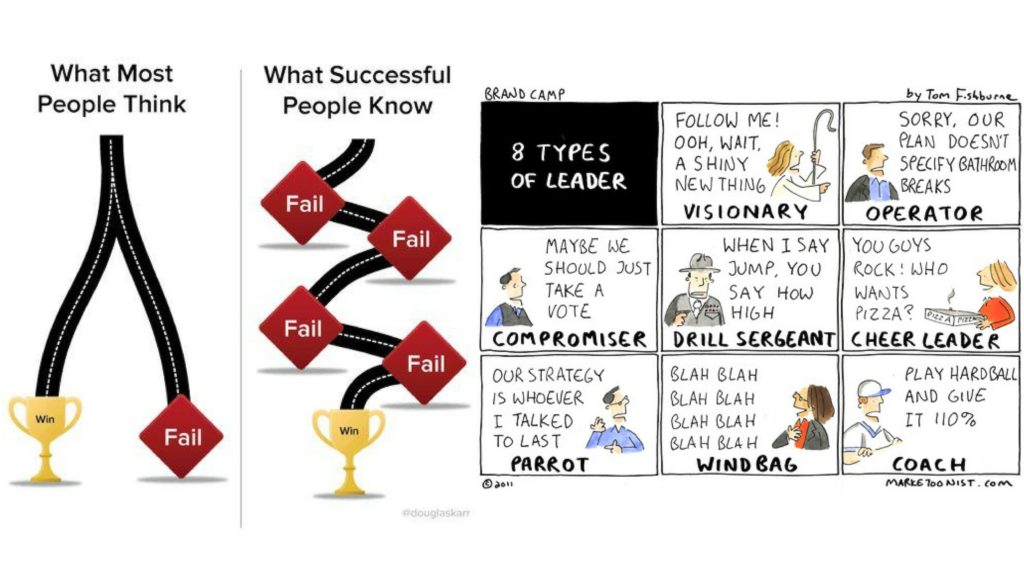Fine-tune your development as a teacher

Just like the ever-famous quote, ‘You can achieve whatever you put your mind to’, anyone can make use of their full academic potential, life skills and intelligence to keep their life moving forwards.
Richard Endacott is a man who lives by this positive mind-set, asserting that it only takes a few simple changes in your daily habits and routines to explore a whole new level of your educational career. Read on to uncover Richard’s insider tips and tricks that you can implement today in order to reach and supersede your own professional expectations.
Personally speaking, I am desperate to reach my academic potential, to progress my career and to be successful – but aren’t we all! To get there however, I need to understand why I am here in the first place.
I decided to gather a range of perspectives so asked some colleagues the following questions, “why is it they teach”? One colleague responded, ‘I have such a strong relationships with the students that I teach that their future success is related to how successful I am in the classroom’. Opening up the questions to others beside my own personal response, helped to refresh my own ideas and I quite like the concept of building relationships, and mutual ambitions.
“I’m here because I want the next generation to be smarter than the previous generation”
I wanted to use that initial motivation to drive my career ambitions so I first devised and regularly reviewed a five-year plan in order to keep myself on track for success. The main purpose of this was to continually Identify opportunities available to me with an eye on how this would benefit my career. I needed to demonstrate to the leadership team within the school, that not only was I organised, that I could motivate a group of students, but most importantly, that I could lead a project.
I undertook a project on digital learning and how it can be harnessed in schools leading a group of practitioners who were willing to experiment with new ideas, demonstrating leadership, team work and evaluative skills. You may be considering a similar approach – question whether there is something which can be developed within your school? Not only to help drive students learning, but also to flag to the leadership team and future employers that you have a developed core skill which you can evidence.
Once you have identified the opportunities within your school and taken advantage of those opportunities, what step comes next? Have a look at your projects. Once a project is embedded into the culture of a school, make sure that you reflect and review the delivery, try to identify who the key stakeholders were and how you motivated them to achieve your vision.
“An action research project is a perfect way to demonstrate your key skills to current and future employers”
Ask yourself what could you have improved within that project. Use that to then motivate yourself for your next project. Consolidate the work that you have completed and measure the impact. That’s something which obviously all school leaders are looking for. Whether that’s as a classroom practitioner, or perhaps further up the management chain. How have you measured the impact of your projects which you have completed? What difference have you made to the lives of young people?
Once you’ve completed a new project, make it part of your routine to complete a SWOT analysis of every aspect of that work – whether it’s in the classroom, whether it’s a lesson that you’ve taught or thought was particularly successful, or whether it’s your work that you are completing in your extra-curricular activity – and then use that. Strip back the data you have collected and use this to demonstrate impact. School improvement is all about small steps. Naturally through repetition and practise, you will become a more much effective practitioner and you will be trusted with the development of much larger projects.
“Take the opportunities which are presented to you, and you will improve consistently”







Responses